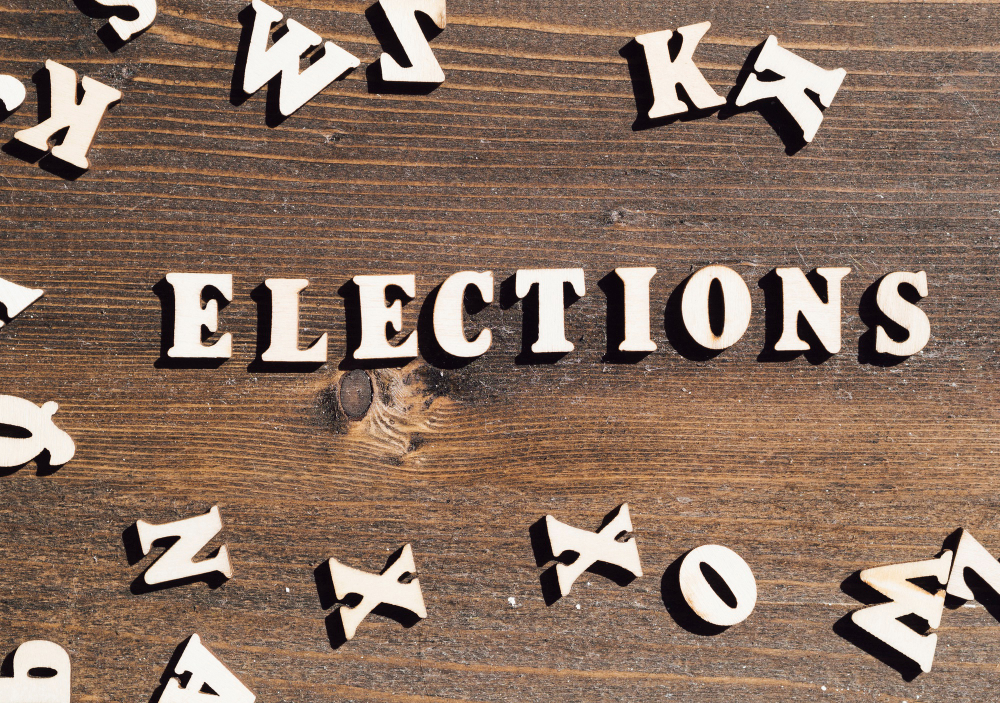Stamp Duty Explained & Policy Updates
For many homeowners, paying the stamp duty is a necessity in order to complete and purchase the home of their dreams.
The pandemic has caused significant disruption across the entire economy and the property market is no exception. Announced in July of last year, the Chancellor of the Exchequer, Rishi Sunak announced a raft of economic measures to support both homeowners and the wider UK economy. Included in this was a temporary tax break of up to £15,000 off their stamp duty tax bill if they completed before the 31st March of this year.
This caused a near 10% increase in house prices across the capital as well as a broader rise in prices across the country.
Stamp Duty Policy Update
The UK property market forms a core pillar of the national economy and as such is key to support during these difficult times.
With industry experts calling for the stamp duty to be axed altogether during this period of economic uncertainty, many have been scrabbling to complete before the end of March and it is anticipated that many will miss the deadline.
Whilst it is unclear whether an extension to the existing arrangements will be enacted, there remains significant political pressure to do so – with cross party support and with many properties still in the completion pipeline, it would be seen as unfair to those seeking to purchase a property.
We will keep you fully updated with key policy developments with regard to the possible extension of the stamp duty holiday but in the meantime please do see below for a full explanation as to the details of the UK’s stamp duty regime.
Stamp Duty Explained – The Way Things Currently Stand
What is Stamp Duty?
A stamp duty is the tax a government will place on legal documents, usually in the transfer of an asset or a property. Governments will usually impose stamp duties, also known as stamp taxes on documents that are needed to legally record certain types of transactions.
Stamp Duty in the UK – What is Liable?
If you buy a property of a piece of land over a certain price in England and Northern Ireland, you will be liable to pay Stamp Duty Land Tax (SDLT). The tax however is different if the property or land is in:
- Scotland – you will pay a Land and Buildings Transaction Tax
- Wales – you will be liable to pay the Land Transaction Tax, if the sale was completed on or after 1 April 2018
In broad terms, you pay the tax when you buy a:
- Freehold property
- New or existing leasehold
- Purchase a property through a shared ownership scheme
- Or are transferred land or property in exchange for payment, for example you take on a mortgage or buy a share in a house
Thresholds and How Much You Must Pay
The threshold is where SDLT starts to apply and not before, so if you buy a property for less than the stated threshold then there’s no SDLT to pay. The current SDLT threshold for residential properties is £500,000. This changes on 1 April 2021 and we will keep you updated with any changes.
The threshold for non-residential land and properties such as a commercial property however is £150,000. With all property purchases from 1 April 2021 the SDLT thresholds will be:
- £125,000 for residential properties
- £150,000 for non-residential land and properties
These thresholds are the same as they were before 8 July 2020.
Information For First-time Buyers
From the 1 April 2021, you’ll be given a discount or relief that means you’ll pay less or no tax if both the following rules apply:
- You, and anyone else you’re buying with, are first-time buyers
- the purchase price of the property is £500,000 or less
- You’ll also be eligible for the discount if you bought your first home before 8 July 2020
How Much Will You Pay?
How much you SDLT you pay will depend on whether the land or property is:
- Residential and whether you’re a first-time buyer
- Or a non-residential or mixed-use
For sake of ease you can use HM Revenue and Customs’ (HMRC) Stamp Duty Land Tax calculator to work out how much tax you’ll pay. You may also be able to reduce the amount of tax you pay by claiming a relief, such as if you’re a first-time buyer or purchasing more than one property (‘multiple dwellings’).
The total value on which you pay the SDLT on (sometimes called the ‘consideration’) is usually the price you pay for the property or land. Sometimes it might include another type of payment such as:
- Goods
- Works or services
- Release from a debt
- A transfer of a debt, including the value of any outstanding mortgage
- Find out how to work out the consideration if your situation is complicated.
How and When to Pay?
You must send an SDLT return to HMRC and pay the tax within 14 days of completion.
If you are using a solicitor, agent or conveyancer, they’ll usually file your return and pay the tax on your behalf on the day of completion and add the amount to their fees. They’ll also claim any relief you’re eligible for, such as if you’re a first-time buyer. If they do not do this for you, you can file a return and pay the tax yourself.
For more information about the SDLT please visit https://www.gov.uk/stamp-duty-land-tax









